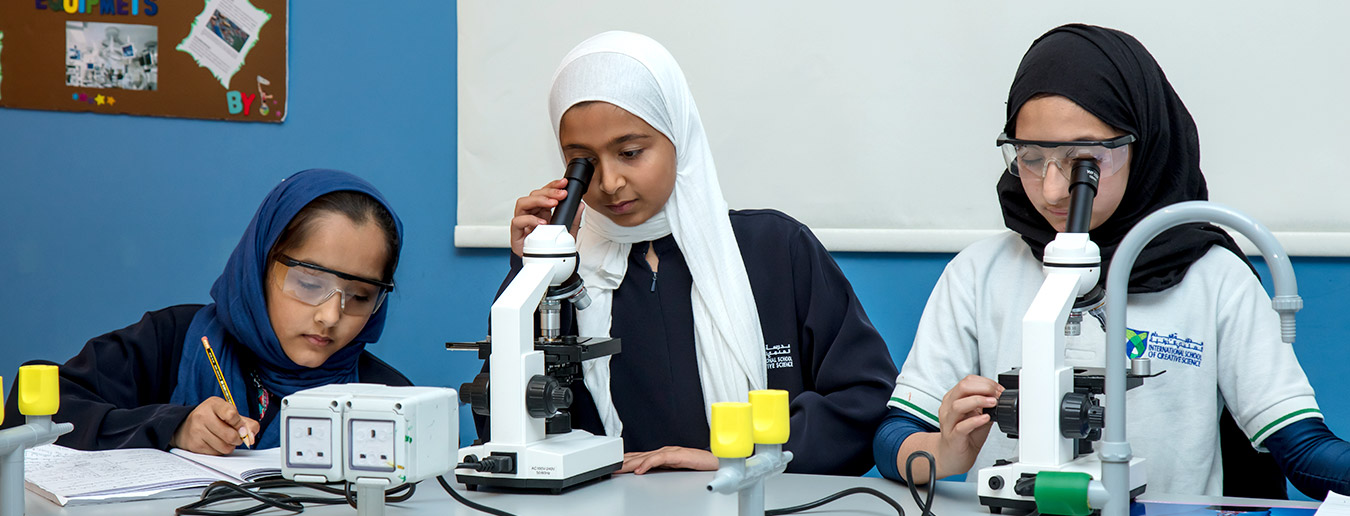
Blogs

The future of education
Education is a trillion-dollar industry that is expanding at an astronomical rate in order to prepare students for the digital age. The workplace is entering a time of automation and is evolving at an unprecedented pace; employers are seeking individuals with an amalgam of digital and transferable skills. It has been conjectured that an estimated 65 per cent of children may end up with professions that don’t even exist yet.
There needs to be a transition from traditional methods of instruction to blended learning and flipped classrooms with teachers as facilitators and mentors rather than lecturers. Learning should be personalized, cross-curricular, and project-based with opportunities for students to tackle real-world problems. It should not be limited to content or theory; instead it must be innovative, interactive, and mentally stimulating.
Luckily, the transition has already begun.
Employers are looking for higher-order thinkers with portable skills such as emotional intelligence, clarity of aspirations, ethical judgment, creativity, collaborative abilities and analytical decision-making skills that allow them to fulfil cross-functional roles. They are searching for the next generation of 21st century innovators. That’s why schools across the UAE are aiming to prepare employable students who can thrive in the digital workplace of the Fourth Technological Age.
The future is bright if immediate steps are taken to sustain the well-being and to shape the career aspirations of today’s generation. Children are already steeped in technological innovations and the job market’s landscape is ever-changing. It is imperative to eliminate educational disadvantages and to change for the betterment of the future. However, cultural values and traditions must also be shared between generations to cultivate conscientious citizens of our new digital society.


